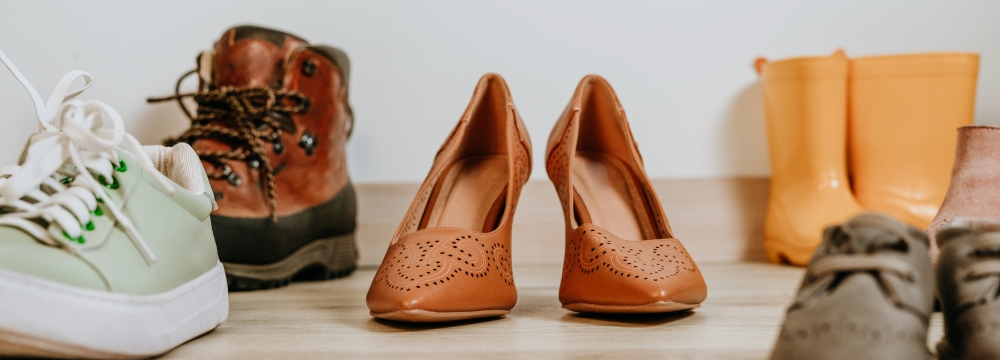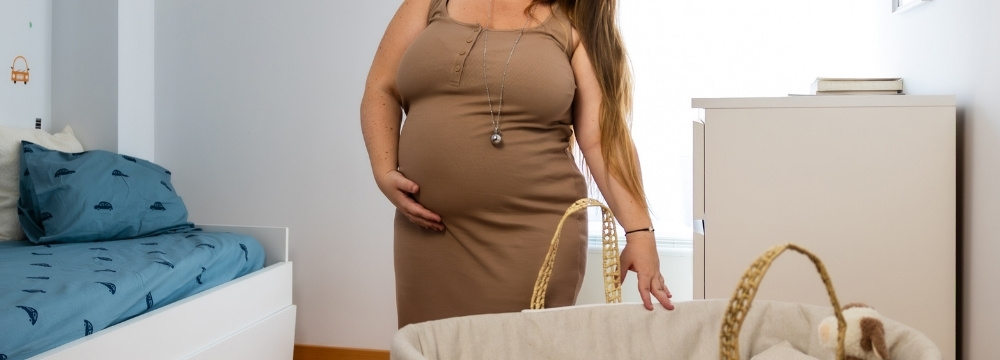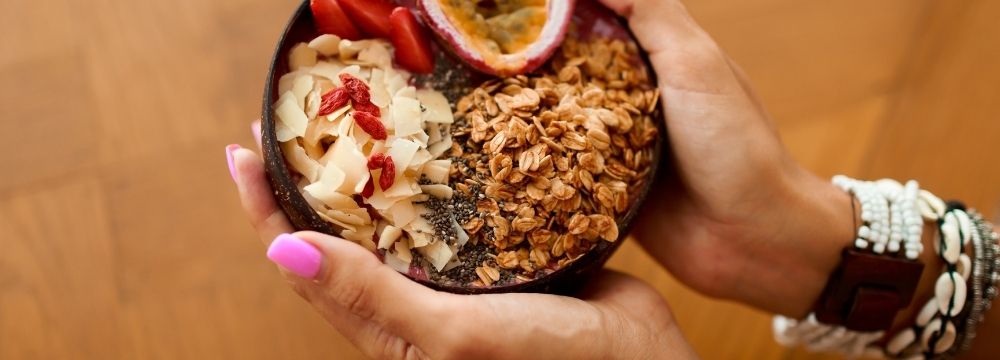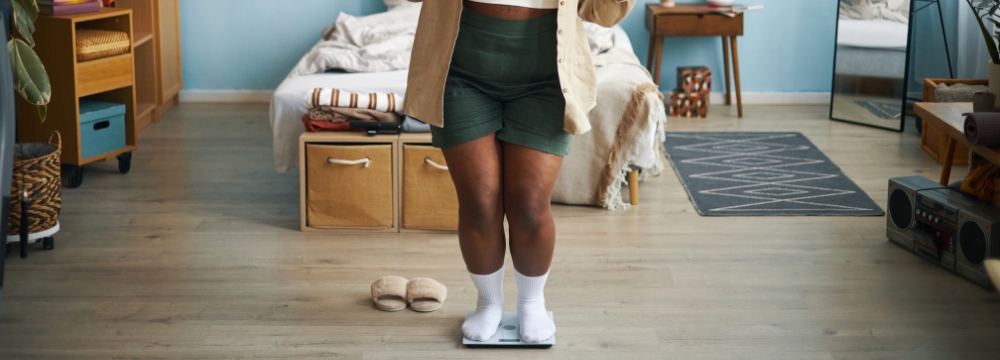After Bariatric Surgery
During such a pivotal time in life as the first few months after bariatric surgery, patients may forget about the details that can make a difference in their recovery. And it’s understandable. With so many new and exciting changes, one may overlook the seemingly small things. One such detail revolves around footwear. Yes, you heard it right—what you wear on your feet can make a big difference in your recovery. Let’s discuss why.
Most of us have a familiar and well-worn pair of shoes, and with the cost of new shoes increasing dramatically over the past decade, it may not feel very pleasant to have to spring for new ones. However, a solid, well-cushioned, and supportive shoe can be the difference between a great workout and potentially getting injured. Immediately after bariatric surgery, patients will be asked to walk progressively further daily to reduce their risk of complications and jumpstart their weight loss. However, this walking can be challenging, as, in this early stage, patients haven’t lost much weight. Having the right shoes can help avoid painful feet and even injury to the lower body.
Some prefer an old, worn-in pair because new shoes often come with the possibility of developing blisters. But there’s an easy solution: purchase them a few weeks before surgery and wear them daily to get used to them. By the time you have surgery, they will be broken in and likely will not cause blisters, yet they will offer all the support you need and get you on your feet without delay or discomfort.
What Kind of Shoes to Wear
Ultimately, comfort is the primary criterion for what to wear after surgery. We want you to enjoy your walk and take one daily, walking a little further each time you go out. Having comfortable shoes is a significant first step toward that goal. Of course, we want you to avoid high heels or shoes that may cause instability.
In the first couple of weeks after surgery, you will be on a significantly restricted diet, which may cause you to be less nimble. In the first few days after surgery, you may also be taking pain medications that cause some dizziness and instability.
What About Walking Barefoot?
Walking barefoot has significant benefits, though this also represents some challenges. Walking barefoot can expose your feet to injury from sharp objects on the ground. But if you can make it to a cool-sand area (usually early morning), it’s a great place to walk, as the sand offers some resistance to your forward motion while generally providing a safe surface to walk or run on.
You may also consider shoes with minimal padding, a wide toe box, and low or no drop that allow your foot to naturally strengthen while you walk in them. There are many brands to choose from, and you can find the right one for you with some research or by speaking to a footwear expert.
Is It Bad to Walk on Concrete?
While not inherently bad, walking on hard surfaces like concrete creates more pressure on the feet and impacts the joints. Ideally, you should walk on soft surfaces like grass, dirt, or sand to ensure the least impact on your joints. Walking on more complex surfaces poses less risk as you lose weight.
The Bottom Line
Getting a good pair of comfortable and supportive shoes is essential to post-bariatric life. Of course, balance the cost of these shoes with the fact that as you lose weight, your feet will become smaller, and those shoes may not last their entire lifespan. If you have pain or discomfort while walking, we encourage you to slow down or stop for the day and try again later. Don’t try to push through the pain to get your exercise in—work within the bounds of your abilities.











